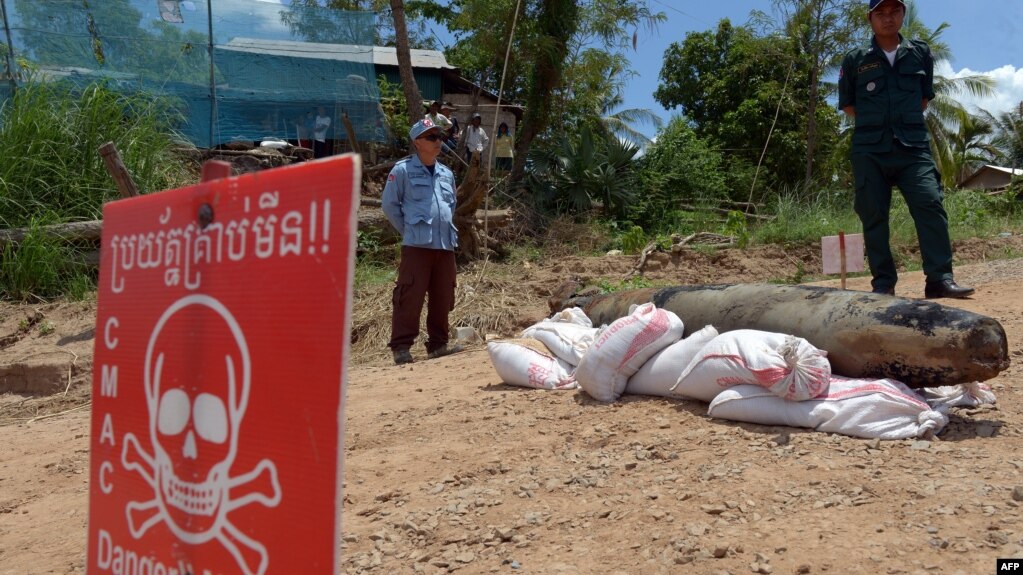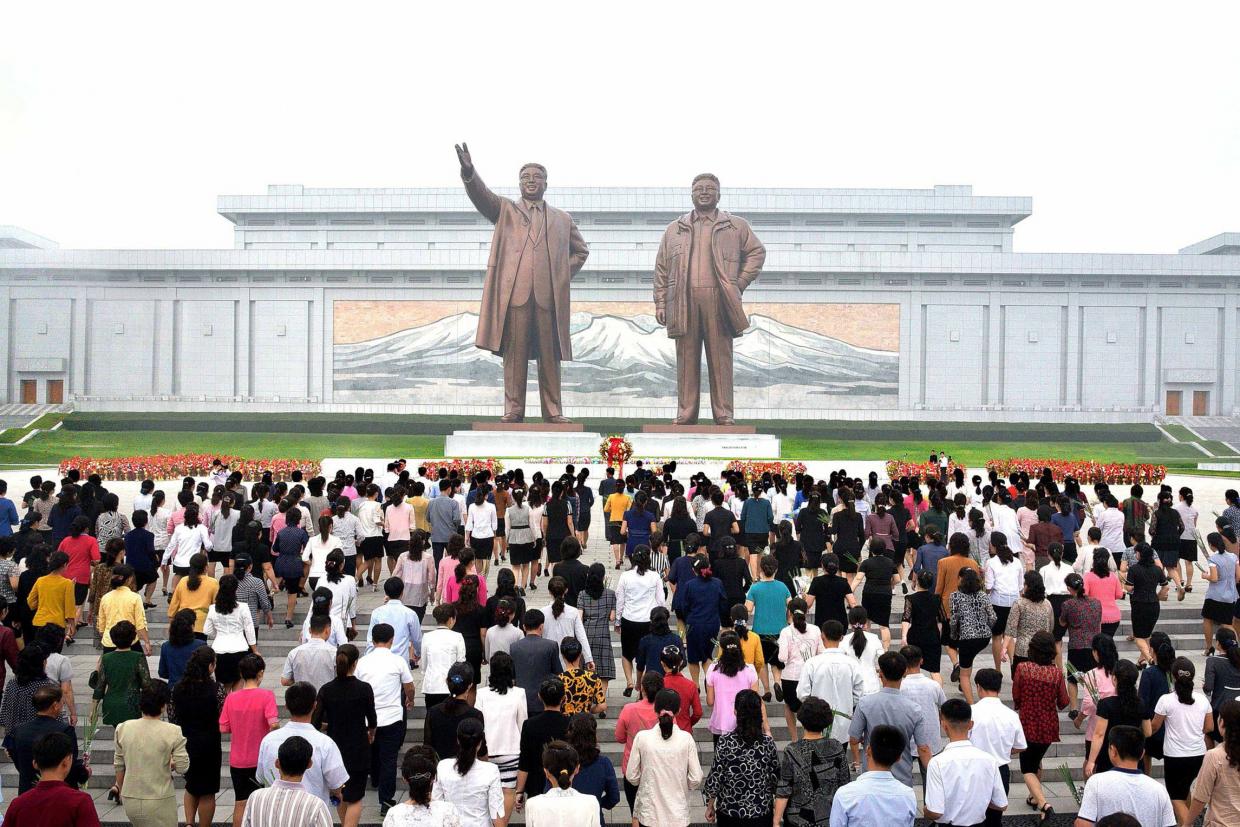By: Katherine Hewitt
Impunity Watch Reporter, Asia
PHNOM PENH, Cambodia – Years after the Vietnam War, Cambodia remains littered with mines. Cambodia is ranked as one of the highest countries with unexploded ordnances. Approximately 2 Cambodians die or are injured every week from encountering hidden mines. A large portion is of U.S. origin.

However, on 7 November 2017 the United States announced that it will be cutting $2 million in grant money to Cambodian Mine Action Center (CMAC). This will go into affect next year. For the moment this years efforts will not be affected. No reason was given for why the funding was recalled.
The Director General of CMAC was not aware of any dispute between them or the U.S. Government in how matters were being handled. Even during meetings held in July and early fall with the State Department over the 2018 budget, there were no mentions of cuts. The Director general finds this decision rather disappointing as the U.S. has “a moral obligation and goodwill obligation because they dropped a lot of bombs on the Cambodian people.”
Finding new donors in time to fund next year’s work shall be tricky as this was a last minute decision. The Cambodian Government does not appear to be concerned about the cut in funding for de-mining processes. Hun Sen, the current Prime Minister pledges to support CMAC’s efforts.
This lack of funding will have a huge impact on the work that CMAC does. Up to 300 mine clearing employees could have their jobs impacted. Additionally, this will affect the number of mines that CMAC can reach next year. Which means that less people can be taken out of the way of danger in their day-to-day life. A second issue is that farmland will continue to be rendered useless because of the presence of mines. This means that farmers are limited in the crop size they produce for market. More than 80% of Cambodians rely in this land for their survival.
For more information, please see:
Voice of America – US Demining Cut Provokes Cambodia – 7 November 2017


